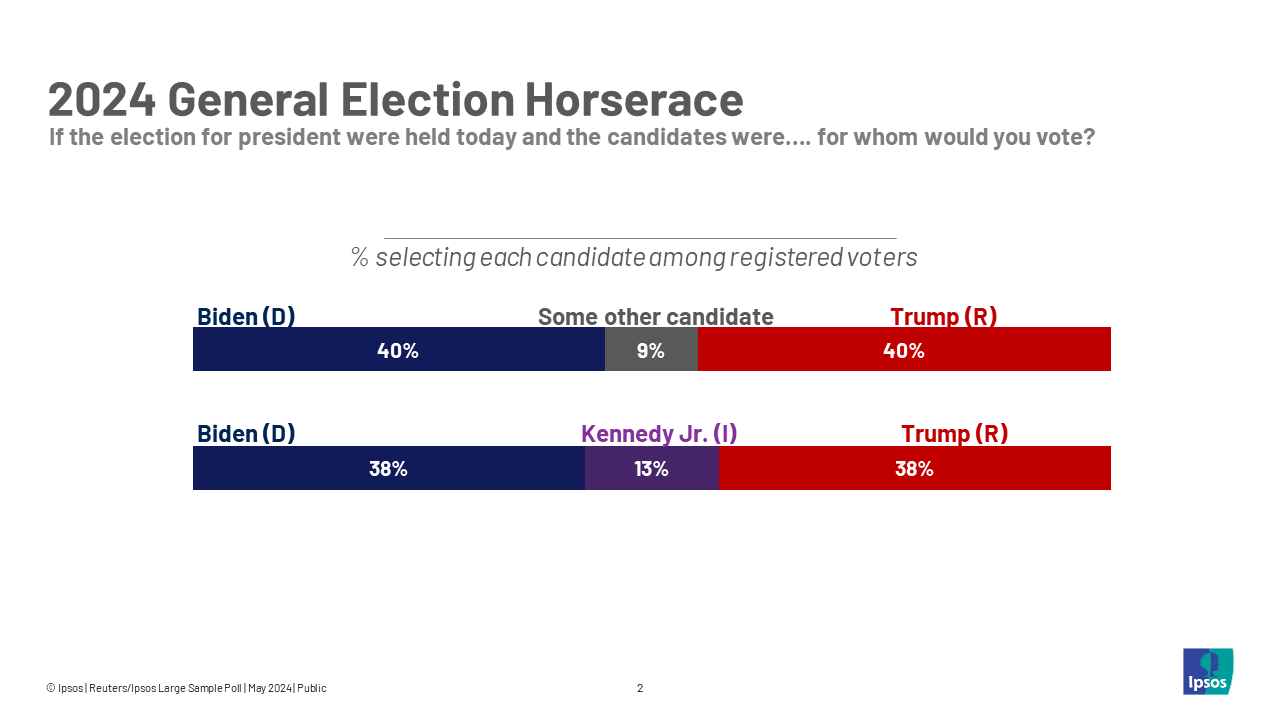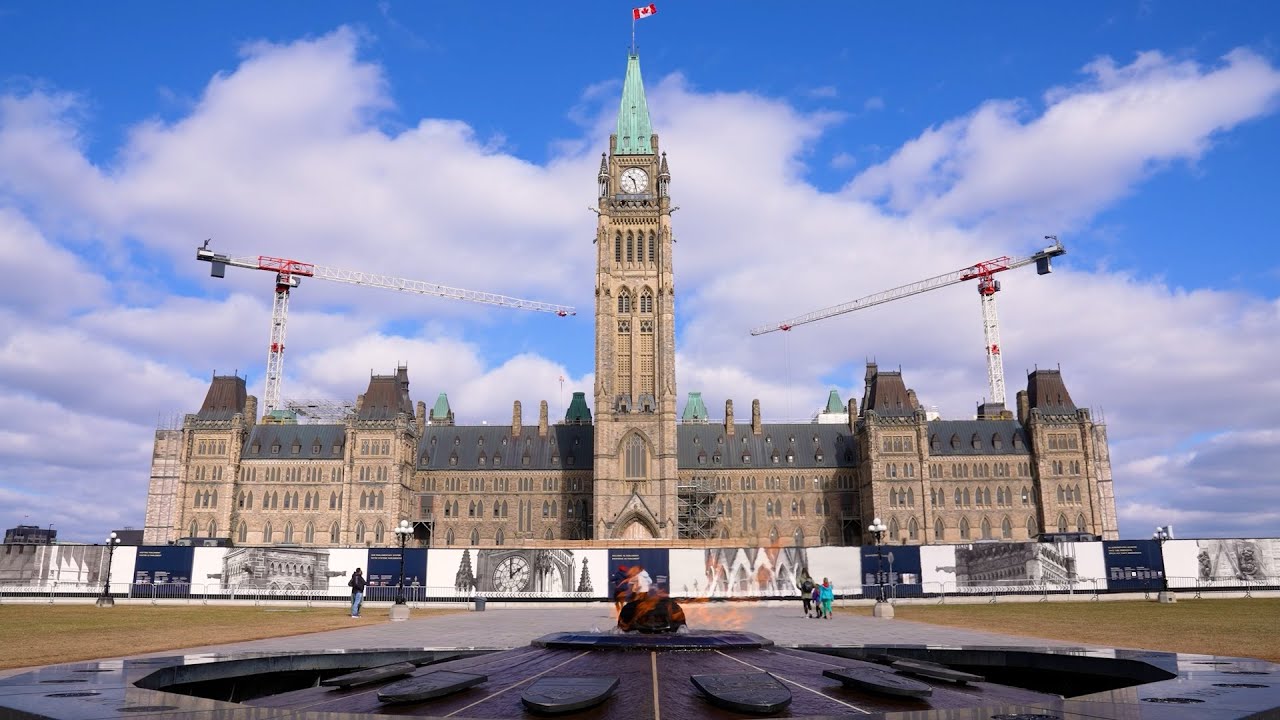In a striking shift of public sentiment, a recent Ipsos poll reveals that nearly three-quarters of Canadians now intend to avoid travel to the United States, a staggering 10-point increase since February. This growing disdain comes in the wake of President Donald Trump"s relentless attacks on Canada’s economy and sovereignty, fueling a wave of national pride among Canadians.
Canadians Turn Away from U.S. Goods
The Ipsos survey indicates that 72% of Canadians are now shunning U.S.-made products, reflecting a deepening divide between the two nations. As reported by Global News, 77% of respondents expressed diminished respect for the U.S. due to Trump’s policies, with nearly half feeling this sentiment strongly. This rising animosity underscores a critical juncture in U.S.-Canada relations, where economic ties are increasingly seen as a liability rather than an asset.
Trump"s Trade War Intensifies Canadian Sentiment
Trump’s trade war has not only strained economic relations but has also rekindled Canadian pride, with 47% of those polled stating they feel more proud to be Canadian than five years ago. This sentiment is particularly pronounced among older Canadians, demonstrating a stark contrast to the declining national pride observed in previous years. As Kyle Braid, senior vice president of Ipsos Public Affairs, noted, "Canadian anger against Trump and the U.S. administration does not really appear to be waning." The implications of this discontent are profound, as they reflect a populace rallying around their national identity in the face of external threats.

Reuters/Ipsos Issues Survey May 2024 | Ipsos
Rising National Pride Amid Economic Concerns
While Canadians are increasingly proud of their national identity, underlying economic anxieties persist. A significant 59% of Canadians fear their personal financial situations will deteriorate due to Trump"s trade policies, a sentiment echoed in previous surveys. Additionally, the desire for a subsidy program to protect workers affected by tariffs remains strong, with 59% of respondents supporting such measures. This duality of pride and fear highlights the complexity of Canadian attitudes towards their southern neighbor, suggesting that patriotism is being politicized in response to aggressive foreign policies.
Political Leaders Gain Confidence in Managing Relations
The poll indicates a surge in confidence among Canadians in their political leaders" ability to navigate the turbulent waters of U.S.-Canada relations. Nearly 60% of respondents expressed confidence in Prime Minister Mark Carney"s government to handle Trump effectively, marking a significant 12-point rise in just four months. This increase is likely tied to the recent federal election, where Carney"s minority government won a mandate partially based on its stance against Trump’s policies. The G7 summit"s discussions for a new trade and security agreement within 30 days reflect a proactive approach to a fraught relationship, but it remains to be seen whether this will yield any substantial benefits for Canadians.

Centre Block Construction Update (2024)
Canada Day Celebrations Reflect a United Front
As Canada Day approaches, the spirit of unity and pride is palpable. A third of Canadians are planning to partake in Canada Day festivities, with many expressing a desire to learn more about Indigenous history. This resurgence in national pride is juxtaposed against the backdrop of the U.S. celebrating its independence, where national pride is reportedly at record lows, according to a Gallup poll. The contrast could not be starker: while Americans grapple with a crisis of national identity, Canadians are finding solace and strength in their unity.
In a time when political divisions seem insurmountable, Canadians are choosing to embrace their identity and sovereignty, pushing back against external pressures. The implications of this sentiment extend beyond mere consumer choices; they signal a pivotal moment in Canadian identity formation, one that is increasingly rooted in resistance against U.S. aggression.



![[Video] Gunfire between Iraqi security forces and Sadr militias in Baghdad](/_next/image?url=%2Fapi%2Fimage%2Fthumbnails%2Fthumbnail-1768343508874-4redb-thumbnail.jpg&w=3840&q=75)
